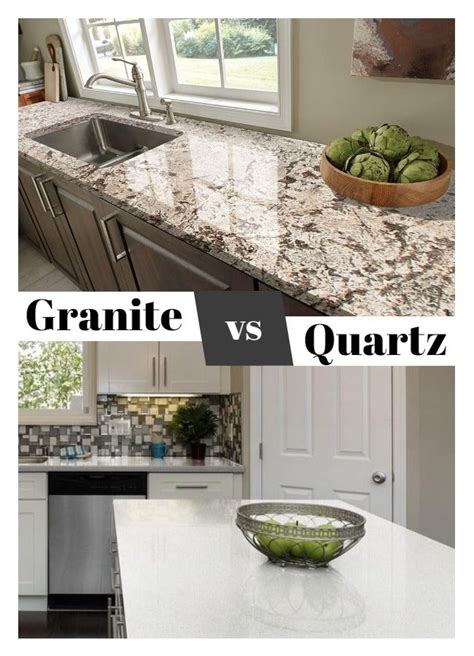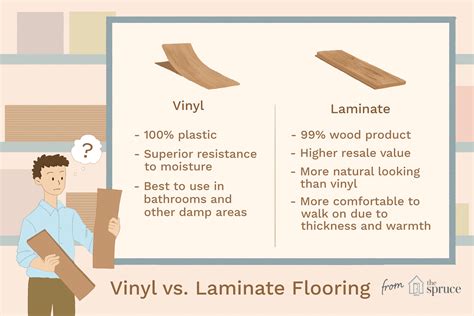
When it comes to choosing countertops for your kitchen or bathroom, quartz and granite are two popular options. Both materials offer durability and aesthetic appeal, but they have distinct characteristics that set them apart. In this article, we will compare quartz and granite countertops based on various factors to help you make an informed decision.
Composition
Quartz: Quartz countertops are engineered stone surfaces made from a combination of natural quartz crystals, resins, and pigments. The manufacturing process involves binding the crushed quartz with resin to create a strong and non-porous material.
Granite: Granite countertops are natural stone surfaces composed mainly of quartz, feldspar, and other minerals. The slabs are quarried from the earth, cut into the desired shape, and polished to enhance their natural beauty.
Appearance
Quartz: Quartz countertops come in a wide range of colors and patterns. Since they are engineered, manufacturers can control the appearance and create consistent designs. Whether you prefer a solid color or a natural stone-like pattern, quartz offers numerous options to suit your style.
Granite: Granite countertops showcase the unique beauty and variations found in natural stone. Each slab has its own distinct pattern and coloration, making it a one-of-a-kind piece. If you appreciate the organic and unpredictable nature of natural stone, granite can be a visually stunning choice.
Cost
Quartz: Quartz countertops are generally more expensive than granite. The price varies depending on the brand, quality, and complexity of the design. On average, quartz countertops can range from $70 to $150 per square foot, including installation.
Granite: Granite countertops offer a wide range of pricing options. Prices depend on factors such as rarity, color, origin, and thickness of the slab. On average, granite countertops can range from $50 to $120 per square foot, including installation.
Environmental Impact
Quartz: Quartz countertops have a lower environmental impact in terms of quarrying and transportation. They are also more resistant to staining, reducing the need for harsh chemical cleaners. However, the manufacturing process involves the use of resins and energy, which may have some environmental considerations.
Granite: Granite countertops are a natural resource and require quarrying. While this process has an environmental impact, responsible quarrying practices can minimize it. Granite is a durable material that requires minimal maintenance and has a long lifespan, reducing the need for replacement.
DIY Suitability
Quartz: Quartz countertops are typically installed by professionals due to their weight and the precision required for cutting and fitting. DIY installation is possible for those with experience and the necessary tools, but it is generally recommended to leave it to the experts.
Granite: Granite countertops can be more challenging to install as they are heavy and require careful handling. While DIY installation is feasible for some, it is important to have the proper equipment and knowledge to ensure a successful and safe installation.
Maintenance and Durability
Quartz: Quartz countertops are highly durable and resistant to stains, scratches, and heat. They do not require sealing as they are non-porous, making them easy to clean and maintain. Regular cleaning with mild soap and
water is sufficient to keep quartz countertops in excellent condition.
Granite: Granite countertops are also durable and resistant to heat and scratches. However, they are porous and require sealing to prevent stains. With proper sealing and regular maintenance, granite countertops can maintain their beauty for many years.
Real Estate Value
Both quartz and granite countertops can add value to your home. The choice between the two depends on factors such as the local real estate market and buyer preferences. In general, high-quality countertops, regardless of the material, can enhance the appeal and resale value of your property.
Bottom Line
When deciding between quartz and granite countertops, it ultimately comes down to your personal preferences, budget, and lifestyle. Quartz offers a wide range of design options, durability, and low maintenance, while granite showcases the natural beauty of stone. Consider the factors discussed in this article to choose the countertop material that best suits your needs and enhances the aesthetic appeal of your space.
FAQs (Frequently Asked Questions)
1. Can quartz countertops be damaged?
Quartz countertops are highly durable and resistant to scratches, stains, and heat. However, excessive force or impact from heavy objects can potentially chip or crack the surface. It is advisable to use cutting boards and trivets to protect the countertop and maintain its longevity.
2. Can granite countertops harbor bacteria?
When properly sealed and maintained, granite countertops are sanitary and resistant to bacteria growth. Regular cleaning with mild soap and water can help keep them free from germs. It is important to follow proper cleaning and sealing practices to ensure the cleanliness of your granite countertops.
3. Are quartz and granite countertops available in custom sizes?
Yes, both quartz and granite countertops can be custom-sized to fit your specific requirements. Professional fabricators can measure your space and create countertops that perfectly fit the dimensions and layout of your kitchen or bathroom.






